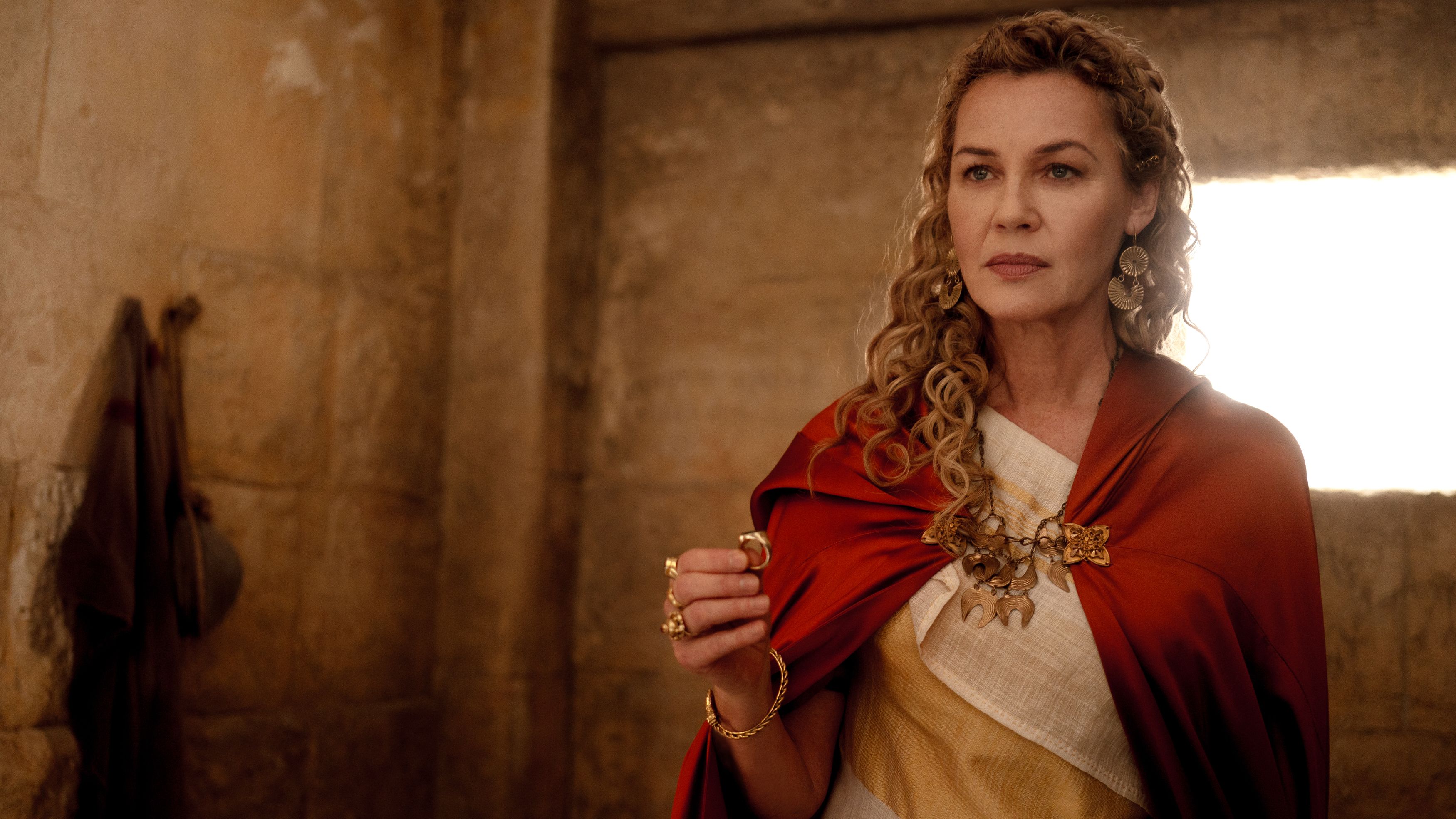
2,692 / 5,610 (52%)
The legend and legacy of Maximus Decimus Meridius grows 24 years after his final breathe in the great coliseum. After nearly a quarter of a century, Ridley Scott returns to the scene of his most enduring 21st-century cinematic achievement with Gladiator II. Will our new gladiatorial protagonist Hanno (Paul Mescal) find glory and peace in the arena, and can Scott show us a valid purpose in his return to Rome?
In one of many callbacks to the original film, Hanno is a farmer with a loving wife, and both are called to battle against the invading Roman horde led by General Acacius (Pedro Pascal). As one might expect, tragedy follows, Hanno is a prisoner of war and is quickly sold into slavery to Macrinus (a delicious Denzel Washington) due to his prowess in the combat ring. Macrinus entices Hanno with a path to glory and freedom, but Hanno seeks only the head of Acacius.

We arrive in a Rome in turmoil. Twin brothers Geta (Joseph Quinn) and Caracalla (Fred Hechinger) have neutered the Senate and stretched Roman capabilities thin through constant wars and descents into lunacy. It is here where Scott’s second foray into Rome begins to pick up intrigue, as Pascal’s General represents hope and the potential for a brighter future for Rome. Mescal’s vengeful Hanno rejects any concept of a “dream of Rome,” seeing only tyranny and despair at the heart of the Empire. All the while, Gladiator II slowly peels away layers of Macrinus, giving Washington room to play and keeping the audience pondering his intentions.
Hope carried by the blood-soaked hands of the Acacius while cynicism rests with our downtrodden, tragic hero would create strong conflict throughout the narrative. However, Scott and company abandon any suggestion of complexity as Gladiator II runs forward. Save Washington’s mischief Macrinus, Scott’s latest effort buckles under its own bloated weight with incessant references back to the 2000 Best Picture winner, a shallow emotional core, blasé fight scenes, and a paint-by-the-numbers plot line.

Maximus, carried by Russell Crowe’s immense charm (during his prime, before his latter-day Orson Welles phase) captured us, and Joaquin Phoenix’s Commodus repulsed, disturbed, and truly concerned us. Gladiator II is unable to recapture those compelling performances, and it loses its center and lacks awareness in how to communicate to its audience how we arrived here.

Gladiator II is an acceptable period epic with mostly solid performances (Connie Nielsen’s Lucilla lacked the resonance her character demanded), gory deaths, and palace intrigue. Some viewers will consider the film a political allegory for America, certainly an easy if low-hanging lens through which to watch Ridley Scott’s sword-and-scandal (see what I did there?) sequel, but I’m not sure any interpretive creativity will make this film more than serviceable.






